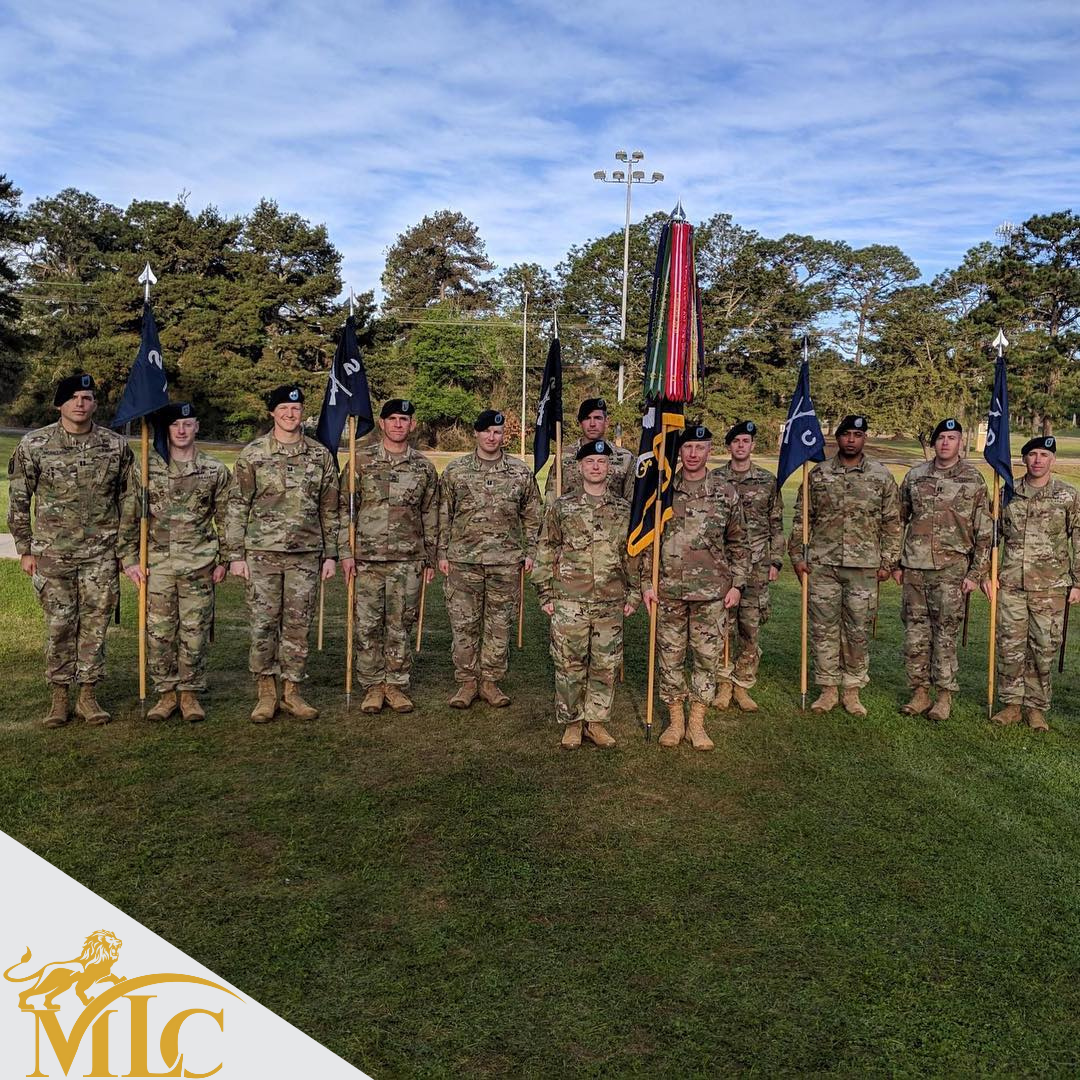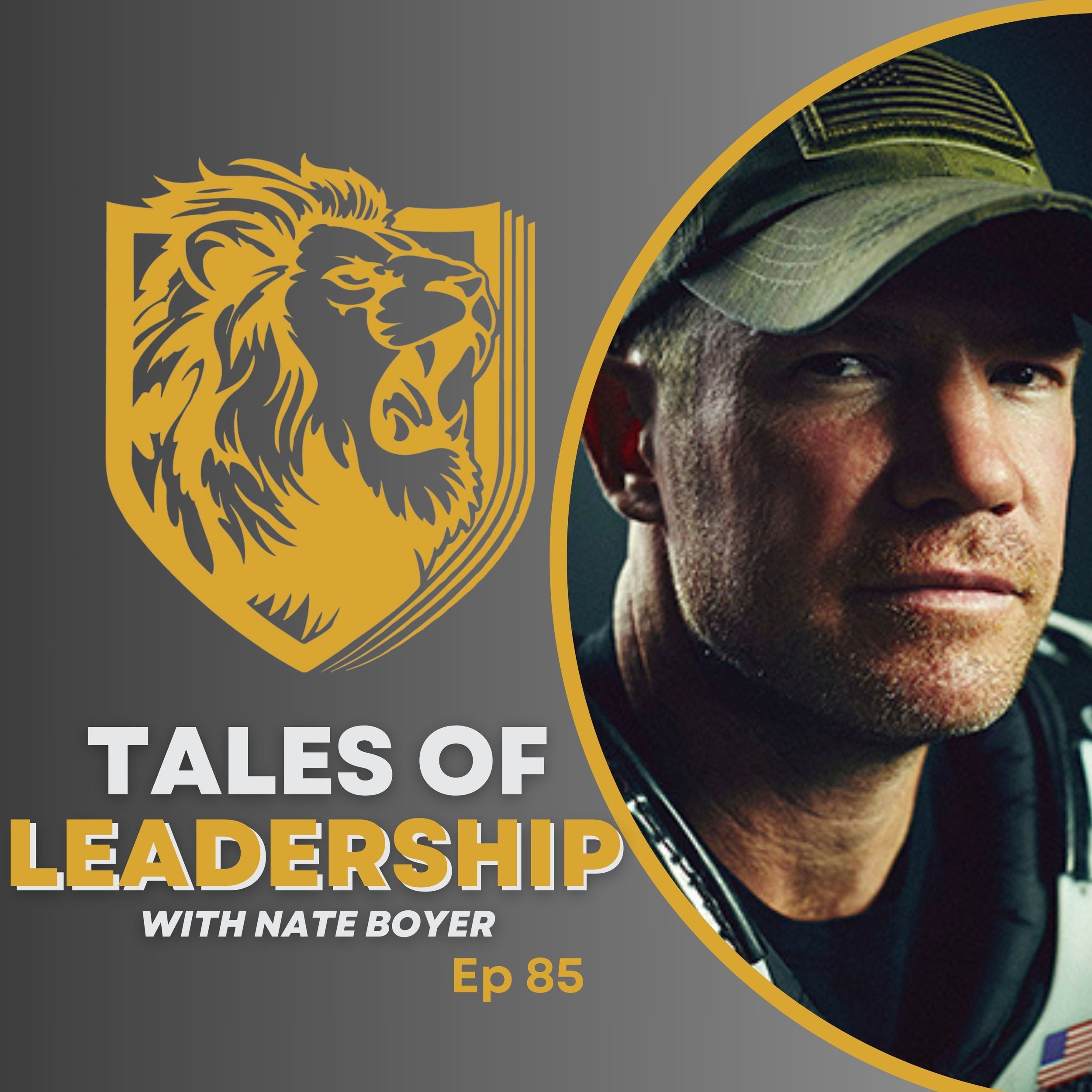Article 02: Defining Leadership
In the previous blog, I set the foundation for who I am and my vision for building a better leader, a Purposeful Accountable Leader or PAL. In this month's blog, I will define leadership in my terms. I would love to hear what your thoughts are on defining leadership. Reach out and share your thoughts, emotions, or lessons learned.
How Others Define Leadership?
How does the Army define leadership? ADP 6-22 defines leadership as "the activity of influencing people by providing purpose, direction, and motivation to accomplish the mission and improve the organization."
What about the Marine Corps? In the Marine Corps Manual published in 1980, General John A. Lejeune defines leadership as” the sum of those qualities of intellect, human understanding and moral character that enables a person to inspire and control a group of people successfully.” Well said!
Here is another one. John C. Maxwell is widely known as one of the leading authorities on leadership. He says, "Leadership is influence, nothing more, nothing less." Are you starting to see a common thread?
Finally, how does Merriam-Webster define leadership? "The office or position of a leader, capacity to lead, the act of leading." I hate to say it, but webster is wrong on this one! Positional leaders rule by authority, whereas PALs do not hold title. Instead, they choose to inspire others to action. Follow me!
John Quincy Adams
“If your actions inspire others to dream more, learn more, do more, and become more, you are a leader.”
Leaders Are Proficient
The first essential element of inspiring your team is proficiency. A proficient leader understands the tools at his disposal to help make an informed decision. A common flaw of leaders is believing they are experts on all topics. As a leader, you are not the most intelligent person in the room, and you need to understand that fact. It is your job to pull the information together from the experts and make the best decision possible for the organization. You do that by clearly understanding what your organization is capable of.
I like to think of it in terms of my job. I am an infantry officer by trade. According to FM 3-21.20, an infantryman is charged "to close with and destroy the enemy by means of fire and maneuver." To be a good infantry officer, you must understand fire and maneuver. Fire starts with a firm understanding of the weapon systems you can leverage to achieve the desired effects on the target. You can have direct-fire weapons such as assault rifles, machine guns, or indirect weapons such as mortars or artillery. But to be a proficient infantry officer, I need to understand the capabilities of those weapons systems. I am not expected to be highly skilled in those weapons. However, I am expected to leverage those weapons systems efficiently to ensure overwhelming fire superiority over the enemy. Remember, the standard you set for yourself is the bar you set within your organization.
The second part of being a successful infantry officer is maneuvering. Once you understand the tools at your disposal, you must orchestrate those together to achieve the desired outcome. In the case of an infantry officer, how will you employ your weapon systems efficiently to achieve the desired effects? Suppose I wanted to destroy a light infantry versus an armored unit. I would need to intimately understand the tools my team wields to maneuver effectively for optimal results. These fundamental truths are universal in whatever job a leader finds himself. As a leader, your job is to understand your organization's tools and capabilities and then figure out how to orchestrate those tools to achieve your vision. In the words of Megadeth, you want to achieve the "symphony of destruction."
2013- Fort Lewis Washington
This photo was taken with my platoon sergeant after successfully completing the Expert Infantry Badge (EIB) training event. In the Infantry this is the training event that demonstrates your proficiency in the craft.
“When a leader understands his or her core values, they elevate others around them as a result.”
-Joshua K. McMillion
Leaders Have A Solid Reputation
The second essential element of becoming a great leader is reputation. Reputation is how others perceive you before they have even met you. The hard truth about reputation is that it takes a lifetime to build but can be destroyed by one poor decision. When your name or your team's name is mentioned, what feelings does it evoke in others? How do others perceive you or your team? Do you operate consistently with your core values in a transformational manner, or are you a transitional leader?
A leader must clearly understand the core values and principles most important to creating an impenetrable reputation. This starts with your character! How do you make decisions daily? What is most important to you may not be to others, but your core values make you unique and are your strength. For example, my core values center around three principles that act as an azimuth check when making decisions. First is respect. Everyone on my team will be treated with dignity and have a voice. When in doubt, refer to the golden rule of leadership: treat people as you want to be treated. In other words, be the leader you wish you had! The second pillar in my core values is integrity. If you are willing to lie, cheat, or steal, you are ready to violate your character and erode your reputation. The third principle is duty. Duty represents the concept that there is something larger than ourselves, and as a team, we work together towards a common goal for the greater good.
Ultimately your reputation comes down to two simple truths. Are you consistent in your actions, and do you have the discipline to follow through? Ask yourself this simple question, do I consistently do what is right regardless of who is watching? If you answer that question honestly, that will give you a good azimuth check, one where you fall with routine and discipline. I had a boss once tell me, "Josh, as a leader, your organization and team are always watching you." You set the example. What does that mean? If you allow your reputation to be eroded because of routine or discipline, you have just now set a new standard to follow. Leadership is hard, and building a reputation is harder. It takes routine and discipline.
2018- Fort Polk Louisiana
This photo was taken with my command team while serving as the battalion headquarters and headquarters company. In this position, I led hundreds of soldiers and impacted countless others by the decisions I made using my core values as a guide.
"Leaders that live strong values in their personal and professional cause others to do the same."
-Joshua K. McMillion
Leaders Produce Output
Leaders are placed in demanding roles to get results. Simply put, leaders are measured by their ability or team's ability to produce a measurable outcome over and over. The more your team wins, the faster your reputation will grow and it also harms your reputation if your team does not succeed. Output and reputation are essentially connected.
There are many upsides to winning that will help leaders progress through the phases of leadership. First, leaders need to learn to win, which starts with yourself. The first Phase Of Leadership (POL) is Self Leadership. To lead your organization effectively, you must first lead yourself well. The difference between a leader who wins and loses is traction. How do we build traction? We create traction by compounding wins regardless of the size to establish a confident mindset daily. Let me ask you a question. What happens when you choose to sleep in versus wake up and prepare for the day with a routine? I'll tell you what happens; you feel rushed and agitated while setting the example for your team to follow. Do not lose the day's first battle and establish a negative mindset for your entire organization. The leader's attitude becomes the organization’s climate!
Storytime, when I was in command, I had to run a daily 0545 meeting that took time and effort to prepare. The day's first battle was waking up early enough to be present for the morning meeting mentally. I ran an organization of over 200 soldiers and needed to be laser-focused to orchestrate the moving pieces. My alarm clock would go off during the week at 0430, and that was the moment that defined the day; how I chose to win the day’s first battle set the tone for my entire organization. It was not just about waking up early. It was also about preparing the night before. You have to establish a routine and discipline to follow through to create easy wins. Those easy wins will compound into more significant victories.
2019- Pentagon Washington, D.C.
This photo was taken with all General Douglas MacArthur Award recipients in the Pentagon short before the official ceremony. I was selected for this prestigious award, not for my actions as a leader. Instead, I was nominated for the team's ability to win regardless of the situation.
Routine action leads to extraordinary results.
-Joshua K. McMillion
Final Thoughts
What are the key takeaways from this blog? First, remember leadership is a verb. Leaders are trying to get a group to work together as a team centered around a vision to achieve extraordinary results. Second, you must be tactically and technically proficient within your chosen field. Understand the tools at your disposal and how to employ them for maximum results. Third, you must consistently make the right decisions to build your reputation around your core values. Failing to understand your core values is like walking at night without a flashlight; you cannot make decisions in the dark. Finally, as a leader, you need to perform. It starts with yourself and daily wins, and the positive effects will multiply throughout the organization.
I want to hear from you! What lessons did you learn about yourself? Share in the comments below, or feel free to send me a personal message. Remember, leaders need to set an example for others to follow. Use the PRO elements to become a better leader and inspire others. We all have greatness inside, but it's up to us to forge those abilities.
After Action Review
Where are you on becoming proficient in your field?
How would others define your reputation?
What is the last victory your team has achieved?
My Mission: I will end toxic leadership practices by equipping leaders with transformational leadership skills.
Together, we will impact 1 MILLION lives!!!
Every day is a gift, don't waste yours!
Joshua K. McMillion | Founder MLC | Founder MLC


































To achieve the extraordinary, you must frame the challenges relative to your capacity. Too small of a vision leads to expected results; too bold, it becomes unrealistic, and you fail to develop the required resources. I've created a system called VISION to help you break through the mental fog and start building traction for your personal and professional life.